Book review: Exploring the origins of World War I
In 'The War that ended Peace: The Road to 1914', Margaret Macmillan delves into the decades leading up to 1914, as she explores why Europe abandoned years of peace to plunge into World War I
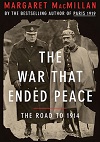 Courtesy: Random House
Courtesy: Random House
In 'The War that ended Peace: The Road to 1914', Margaret Macmillan delves into the decades leading up to 1914, as she explores why Europe abandoned years of peace to plunge into World War I
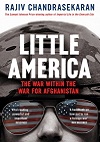 Courtesy: Bloomsbury
Courtesy: Bloomsbury
In 'Little America: The War within the War for Afghanistan', Rajiv Chandrasekaran examines the U.S.’s Afghanistan policy and the murky realities on the ground to narrate a story of discordant missteps
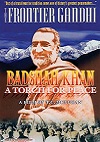 Courtesy: Teri McLuhan
Courtesy: Teri McLuhan
In ‘The Frontier Gandhi: Badshah Khan, a torch for peace,’ Director Teri McLuhan illustrates the life of Khan Abdul Ghaffar Khan and explains why his legacy is relevant in today’s world
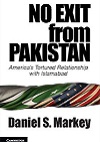 Courtesy: Cambridge University Press
Courtesy: Cambridge University Press
In ‘No Exit from Pakistan: America’s Tortured Relationship with Islamabad,’ author Daniel Markey analyses the complex U.S.-Pakistan bilateral and suggests ways for Washington to improve the relationship.
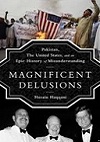 Courtesy: PublicAffairs
Courtesy: PublicAffairs
In ‘Magnificent Delusions: Pakistan, the United States, and an Epic History of Misunderstanding,’ author Husain Haqqani writes that the U.S. and Pakistan have few shared interests and very different political needs.
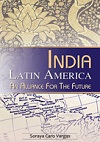 Courtesy: Vitasta Publishing Pvt. Ltd.
Courtesy: Vitasta Publishing Pvt. Ltd.
In ‘India-Latin America: An Alliance for the Future,’ Soraya Caro questions the mutually distorted perceptions between Indians and Latin Americans, and offers a new multi-dimensional lens for looking at bilateral ties
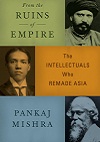 Courtesy: Farrar, Straus and Giroux
Courtesy: Farrar, Straus and Giroux
In ‘From the Ruins of Empire’ Pankaj Mishra challenges conventional views of world history, and examines the intellectual awakening of Asia and its response to colonisation by focussing on the work of three thinkers
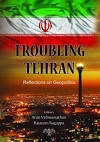 Courtesy: Pentagon Press
Courtesy: Pentagon Press
In the absence of a debate in India on Iran’s nuclear programme, ‘Troubling Tehran' is a significant first attempt to go beyond Western narratives and ask pertinent questions
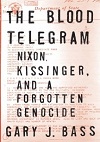 Courtesy: Knopf
Courtesy: Knopf
In ‘The Blood Telegram’ Gary Bass jolts us into recalling one of the most horrific genocides of the last century that occurred during the creation of Bangladesh
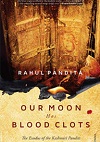 Courtesy:
Courtesy:
D. P. Satish in his review of Rahul Pandita’s latest book writes that it is a bold attempt at voicing despair about a nation that mouths lofty platitudes but does little to protect its persecuted communities.